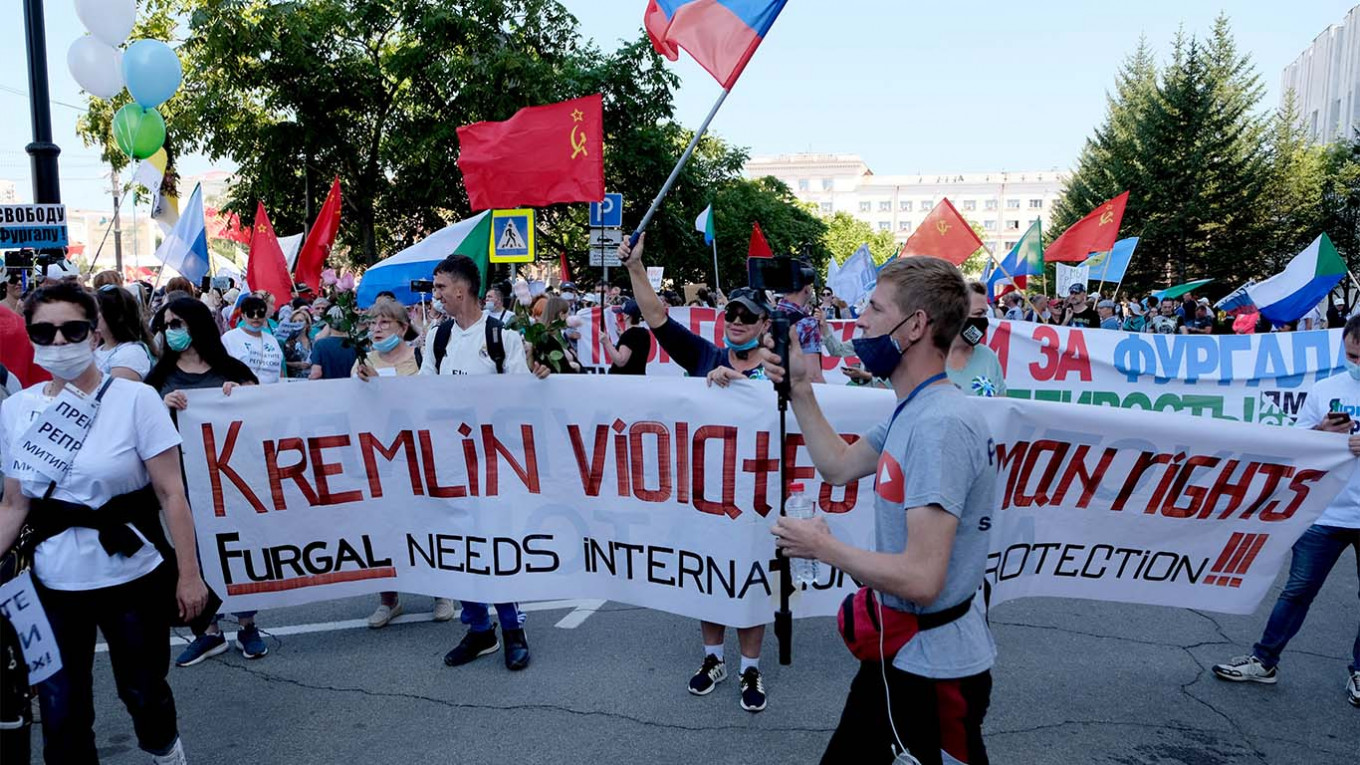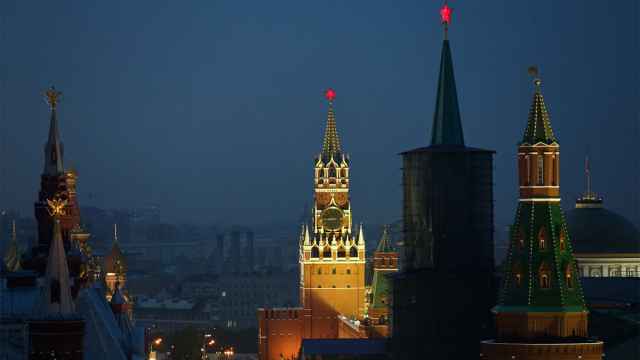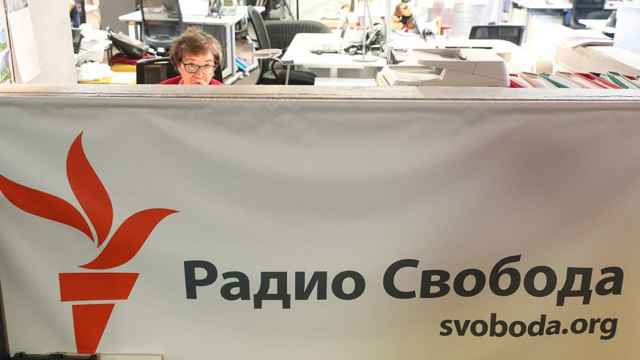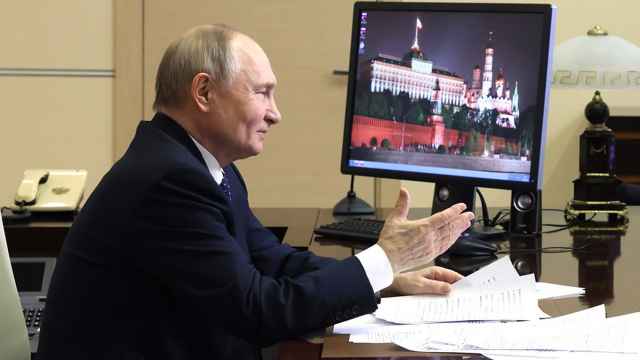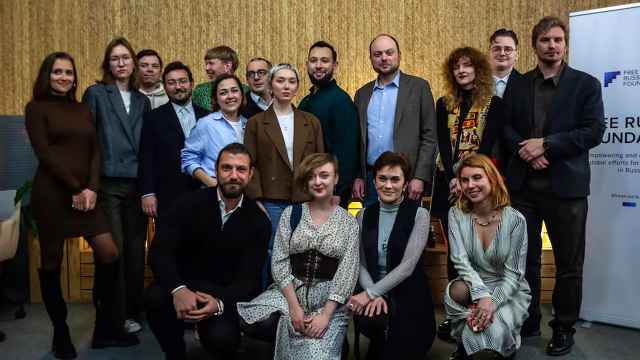Sanctions threat
Germany, the current head of the European Union, will discuss possible sanctions against Russia over the poisoning of Alexei Navalny if the Kremlin does not provide an explanation soon, its foreign minister said Sunday.
If Russia does not help clarify what happened "in the coming days," Germany will be compelled to "discuss a response with our allies," Heiko Maas told the German daily Bild.
Keeping the pressure
Tens of thousands of Belarusians held a peaceful march for the fourth consecutive Sunday, keeping the pressure on strongman Alexander Lukashenko as he refuses to step down after his disputed re-election and turns to Russia for support.
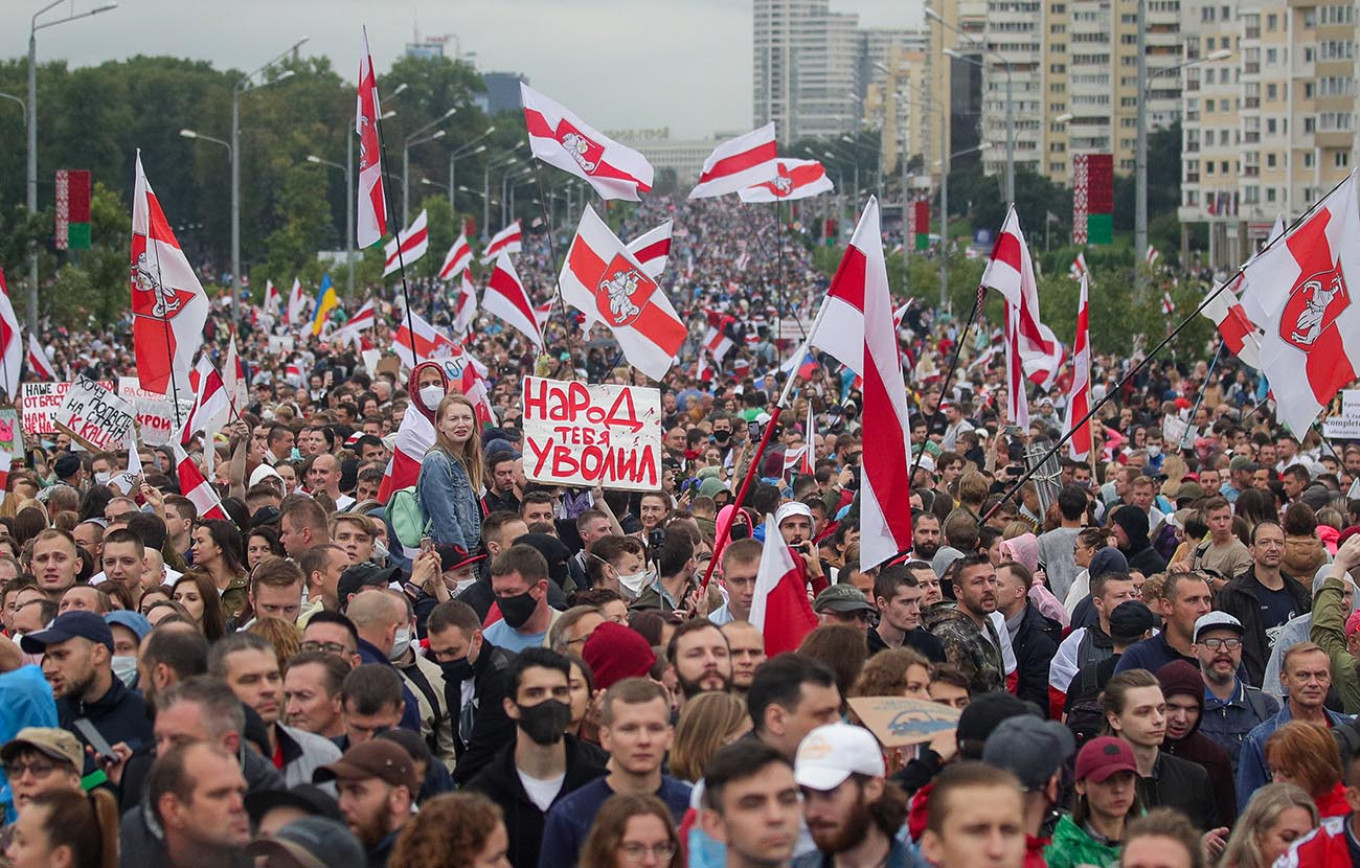
Belarusians across the country have been demonstrating for nearly a month even though the protest movement lacks a clear leader, with many activists jailed or forced out of the country. Activists said around 200 protesters were detained Sunday.
Excess deaths
Russia recorded more than 30,000 excess deaths in July as the coronavirus pandemic continued to sweep across the country, new data from the country’s statistics service Rosstat showed.
A total of 181,479 deaths were registered in July 2020, according to data compiled by regional registry offices — compared to an average of around 150,000 July deaths over the previous five years.
Rosstat’s tally means more people died in July 2020 than in any of the 119 months since a spate of devastating wildfires killed tens of thousands across Russia in August 2010. It is typically rare to record a higher number of deaths in the summer months than during the winter.
Far East protests
Around 10,000 people took to the streets of Khabarovsk in Russia’s Far East on Saturday to support their ex-governor, who has been arrested on murder charges he denies, in one of the most sustained movements of provincial disaffection in recent years.
In addition to chanting slogans in support of Sergei Furgal, the demonstrators carried red-and-white flags in solidarity with protesters in Belarus and placards accusing Russia of poisoning Navalny, a charge that Moscow denies.
‘Basic instinct’
A rare spat broke out between Serbia and Russia after Russia’s Foreign Ministry spokeswoman apparently compared Serbian President Aleksandar Vucic to actor Sharon Stone in “Basic Instinct” after he signed a U.S.-brokered agreement with former wartime foe Kosovo.
Maria Zakharova posted back-to-back photos on Facebook of Vucic at the White House and Stone sitting cross-legged in an iconic scene from the 1992 thriller, prompting Vucic to fire back at her “primitivism and vulgarity.” Zakharova later apologized, saying her post had been misinterpreted.
AFP contributed reporting to this article.
A Message from The Moscow Times:
Dear readers,
We are facing unprecedented challenges. Russia's Prosecutor General's Office has designated The Moscow Times as an "undesirable" organization, criminalizing our work and putting our staff at risk of prosecution. This follows our earlier unjust labeling as a "foreign agent."
These actions are direct attempts to silence independent journalism in Russia. The authorities claim our work "discredits the decisions of the Russian leadership." We see things differently: we strive to provide accurate, unbiased reporting on Russia.
We, the journalists of The Moscow Times, refuse to be silenced. But to continue our work, we need your help.
Your support, no matter how small, makes a world of difference. If you can, please support us monthly starting from just $2. It's quick to set up, and every contribution makes a significant impact.
By supporting The Moscow Times, you're defending open, independent journalism in the face of repression. Thank you for standing with us.
Remind me later.


